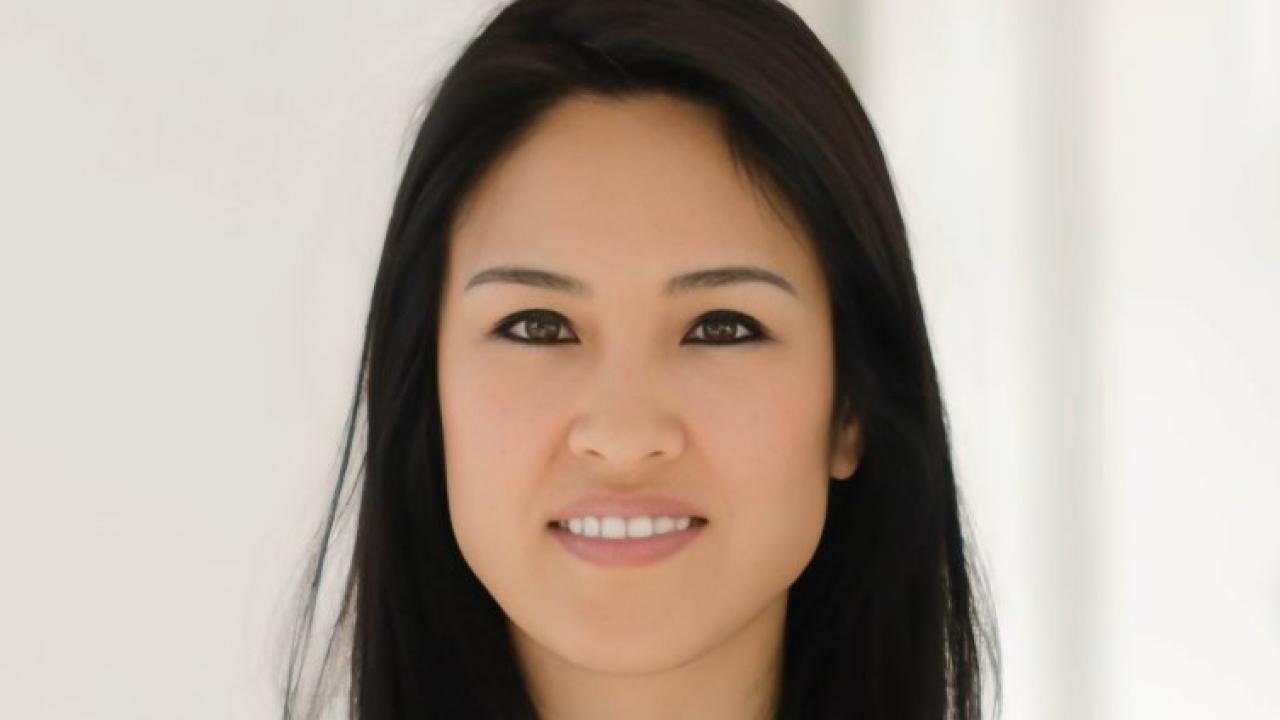
Event Date
The symposium will bring together neuroengineering faculty, physician-scientists, clinicians, students, postdocs and other researchers from engineering, medicine, neuroscience and other fields to share research results and network with like-minded researchers. Presenters include faculty, graduate students, and other trainees at UC Davis. Details about the poster session will be made available in the coming weeks.
Keynote speaker: NANTHIA SUTHANA, PHD
Professor of Neurosurgery and Biomedical Engineering
Duke University
Title:
Neural Dynamics of Memory and Navigation: From Naturalistic Behavior to New Therapies
Abstract:
Understanding how the human brain supports memory and navigation requires studying neural dynamics not only in the lab but also in the real world. In this talk, I will present our development of platforms that integrate intracranial recordings with wearable sensors and augmented/virtual reality, enabling the study of freely moving humans as they recall, imagine, and navigate through space. Using these approaches, we have uncovered hippocampal activity patterns that link memory to naturalistic behavior, and demonstrated how these dynamics can be tracked both in controlled laboratory tasks and during everyday experiences. Finally, I will discuss how these advances are informing new neuromodulation strategies, with early evidence that targeted stimulation of amygdala–hippocampal circuits can reduce symptoms in patients with post-traumatic stress disorder. Together, these innovations bring us closer to understanding the brain in its natural context and to developing therapies that translate neuroscience from lab to world and back again.
Bio:
Nanthia Suthana, PhD, is Professor of Neurosurgery and Biomedical Engineering at Duke University. She received her B.S. and Ph.D. in Neuroscience from UCLA, where she also completed her postdoctoral training and served on the faculty before joining Duke. Her research combines intracranial recordings, wearable sensors, and augmented/virtual reality to study the neural dynamics of memory, navigation, and emotion in freely moving humans. For this work, she received the McKnight Technological Innovations in Neuroscience Award, as well as multiple grants from the NIH, Keck Foundation, and Simons foundation, to develop and use platforms that combine intracranial recordings with wearable devices to study real-world cognition and behavior.
Registration information will be added at a later date.
